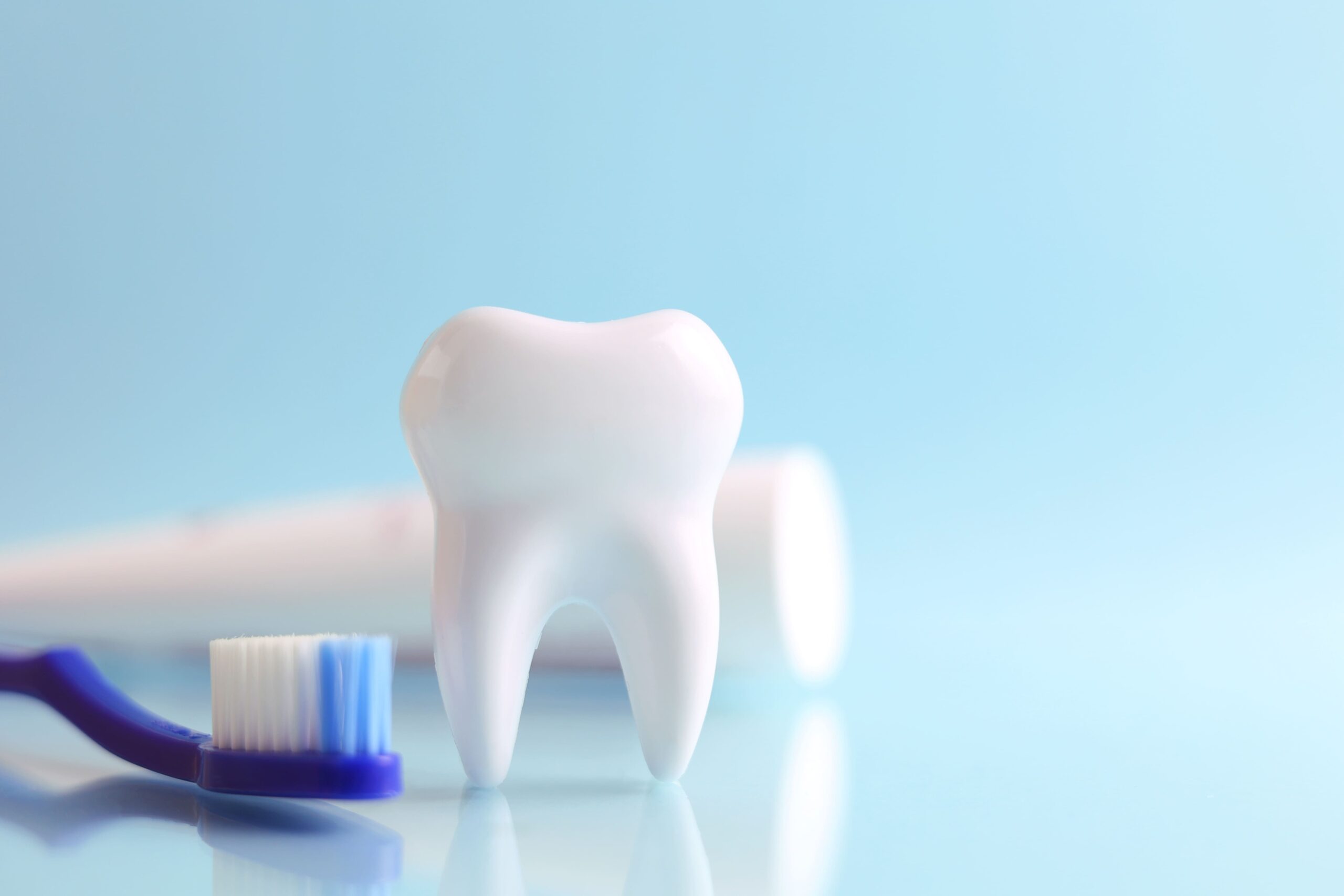Though it may sound unoriginal, your dentist’s advice is something to be followed: brush your gum line, floss every day, and brush twice a day. The chance and intensity of tooth discomfort are significantly decreased when you take proper care of your teeth. Inadequate oral hygiene is frequently linked to common causes of dental pain. However, you should see your dentist in Aspen right away if you are dealing with severe tooth pain.
The following list includes frequent reasons for tooth discomfort:
-
Receding Gums
Gum recession and/or bleeding are indicators of poor soft tissue oral hygiene. When bacteria are trapped between the gum and the tooth, the gums become inflamed. It first results in gingivitis, which can be treated to reverse the damage. However, if addressed, it may result in periodontitis, persistent bone loss, and gum recession.
In order to prevent tooth loss and/or infection, periodontists must treat periodontitis, an irreversible condition. The more sensitive portion of the tooth is exposed due to receding gums. Sweets and hot/cold liquids typically cause excruciating agony in these regions. In order to help prevent bacteria build-up, it’s crucial to ensure that you brush the gum line that arches along your teeth as part of your daily routine by tilting your brush head 45 degrees toward the gums.
-
Tooth Decay
What is the primary cause of dental decay? When you eat, the sugars and carbs are broken down by the bacteria in your mouth, which results in the production of acids. The environment in your mouth gets more acidic, causing the minerals in your enamel to dissolve. Caries, or tooth decay, may result if remineralization—through saliva or fluoride—is not achieved.
As you age, you may need to pay more attention to your oral hygiene because age may also play a role in tooth decay.
-
Teeth Grinding
Stress has a wide range of symptoms. Because of dental trauma and/or temporomandibular dysfunction (TMD), grinding teeth can be among the most painful dental conditions. Tenderness in the temporalis muscle, headaches, and radiating tooth pain when you wake up are classic signs that point to the possibility of teeth grinding or clenching.
People who are under a lot of stress or anxiety frequently grind their teeth when they sleep. Treating the stress itself with self-help, counseling, and/or medication could help reduce the pain. Your teeth can be further protected and TMD pain can be reduced, with a personalized guard created by a dentist near you.
-
Wisdom Teeth
Between the ages of 18 and 25, the additional set of molars that are beneath the gums typically erupt. The process of wisdom teeth erupting from the gums can be painful. Pockets formed by the soft tissue may harbor bacteria if a tooth partially breaks through the gum line. This could result in tissue infection or inflammation, which would hurt.
A misaligned wisdom tooth can affect your bite and the structures in your immediate area, including your cheek, gums, and teeth. An unusual biting pattern from a tooth above or below a misaligned wisdom tooth can lead to pain and irritation. Food may become caught if the wisdom tooth isn’t properly touching the tooth in front of it, leading to cavities in the mouth or irritation of the gingiva.
The fix is to see your dentist to find out if your wisdom teeth have fully erupted and are positioned correctly. You may want to consider having your wisdom teeth removed if they are not going to emerge fully or if they could harm nearby structures.
Schedule Your Appointment with Montreux Dental Clinic
Book a session at our local dentist clinic if you have a toothache or even if you’re uncertain! Tooth pain is never natural and may indicate a more serious issue. We can assist in determining the problem and regaining control of your tooth health.
Message our team today!

